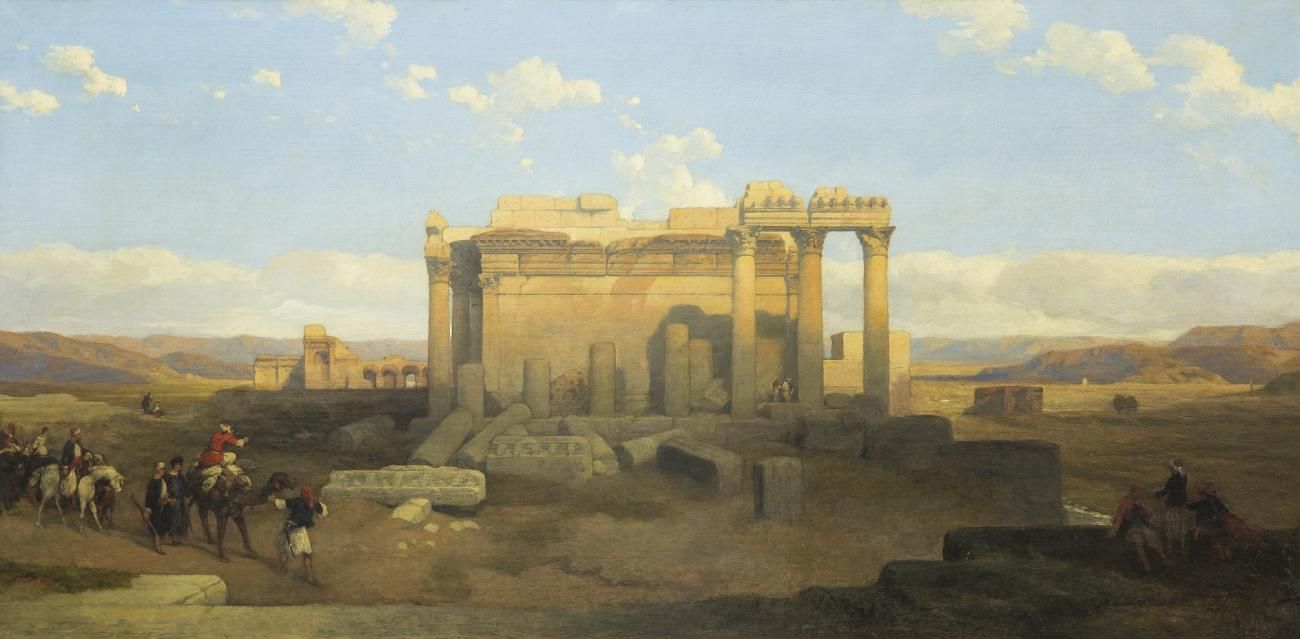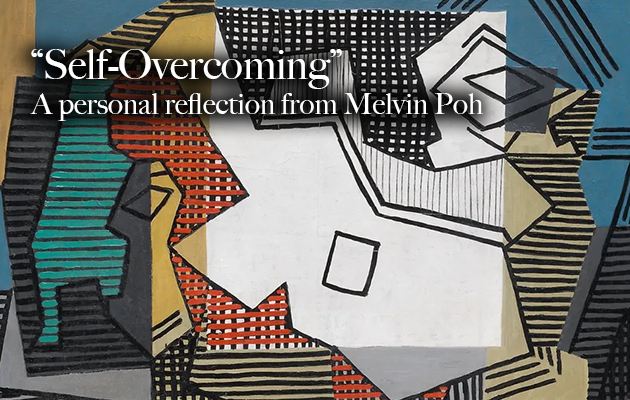
Deconstructing Orientalism With Edward Said
Edward Said, upon arriving in the United States from Palestine, was struck by the stark contrast between his lived experiences as an Arab and the portrayal of the Arab experience in literature, films, and media. What caught Said’s attention even more than the misrepresentation itself was the consistency of this portrayal across various forms of media. This discovery led him to delve into the concept of Orientalism—an exploration of how alternative knowledge is constructed, who produces it, and how it serves imperialist interests, particularly in the Middle East.
Orientalism, as conceptualized by Said, is not a mere Western fabrication but a systematic project to build knowledge about the “Oriental” that ultimately reinforces the superiority of the European over the Oriental. The Oriental is often depicted as timeless and uniform, regardless of geographical and cultural differences. This essentialist approach involves capturing the supposed essence of people living in distant lands, justifying the need for Western guidance and control.
The consistency observed in Orientalist discourse is not a random occurrence but a deliberate construction with its own internal rules and logic. It creates a self-referential world that academics, writers, and media practitioners follow with remarkable consistency. This internal coherence is not an innocent mistake; rather, it serves the purpose of maintaining Western dominance over the Oriental.
The reduction of complex geopolitical issues to simplistic interpretations is particularly evident in discussions about Islam. Orientalism tends to oversimplify problems, attributing violence to religious ideologies while overlooking the impact of imperialism, interventions, and multifaceted factors. This reductionism becomes a tool for justifying military interventions, racial profiling, and practices like torture.
Said emphasized that claiming knowledge over the Oriental is a form of power. Similar to the domination of nature, asserting knowledge over the Oriental justifies authority and control. The claim that the Western man knows the Oriental better than the Oriental knows themselves becomes the basis for justifying invasions, colonial projects, and interference from foreign powers. The narrative perpetuates the idea that Orientals cannot govern themselves and need external guidance.
This logic was notably employed during the Cold War, where the United States, in more than 30 countries, orchestrated regime changes and interventions, often under the guise of liberating countries from communism. The consequences were severe, with instances like the rise of the US-backed dictator Suharto in Indonesia resulting in the deaths of over a million people in a brutal crusade against communism.
In summary, Said’s critique of Orientalism goes beyond exposing misrepresentations; it unveils a systematic project that constructs knowledge to justify dominance and control, perpetuating harmful narratives that have far-reaching consequences on international relations and the lives of those in the “Orient.”



